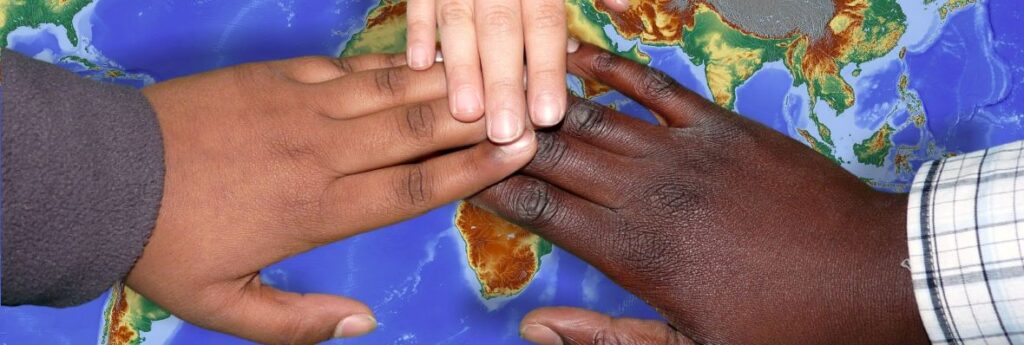Travellers in need will soon benefit from a standardized set of assistance protocols published by the World Tourism Organization (UNWTO) in conjunction with more than 100 countries plus prominent stakeholders. The legal landmark code is seen as an important step in restoring international traveller confidence after the pandemic.
The “Assistance to International Tourists in Emergency Situations” code will provide guidance to countries worldwide on how to help tourists caught up in emergency situations, including but not limited to health emergencies.
More than 100 countries, alongside international organizations and leading business groups have agreed to adopt the harmonized standards set out by the WTO’s Committee for the Development of an International Code for the Protection of Tourists.
The first two chapters completed chapters of the code lay out seven key principles, among them: balance, coordination, cooperation and accessibility.
The Committee also agreed on a set of recommendations relating to providing tourists affected by emergency situations with information, assistance and, if necessary, repatriation.
It is expected that the ongoing consultation process will produce an internationally recognized Code before the end of the year.
UNWTO Secretary-General Zurab Pololikashvili said: “We can only restart tourism if we restore trust in travel. People want to feel safe and looked after when they travel. And the Code for the Protection of Tourists will provide this, based on the collaboration of the global tourism sector and governments.”
Alongside representatives of more than 100 countries, the Committee counts on the participation of the European Commission and several of UNWTO’s sister UN agencies, plus private sector organizations such as IATA, the International Forum of Travel and Tourism Advocates (IFTTA), Expedia, and Allianz Group.
The results from the deliberations of the Committee will be published on an interim basis as it advances minimum tourism consumer protection standards at the international level to provide guidance to countries for the recovery and the restart of tourism.

